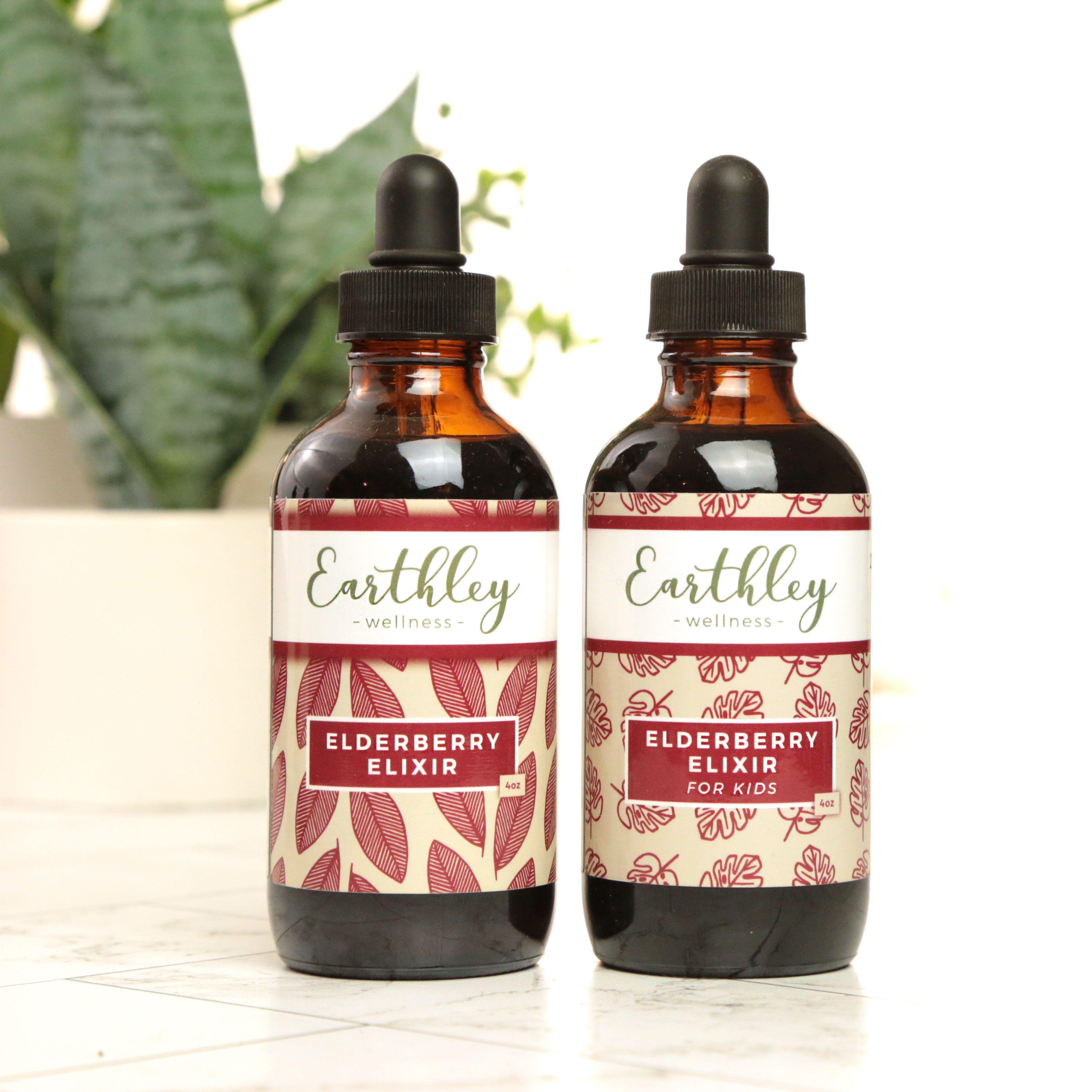Does an Herbal Multivitamin Really Work?
Can you use Earthley's Nourish Me Naturally, Nourish Her Naturally, Nourish Him Naturally to replace general multivitamins or prenatal vitamins?
Some people are concerned, because Earthley isn't made in a lab somewhere. Is it really "enough?" Let's talk about it!
How are Multivitamins Made?
There are lots of issues with how multivitamins are produced that most of us just don't question. But we think these are important questions to answer!
First, why do these multivitamins vary so widely? If there is an accepted "best" way to make a supplement, why are they all so different?
They use different forms of vitamins and minerals (folate vs. folic acid vs. methyfolate; zinc picolinate vs. zinc gluconate, etc.). Which of these forms are really best? Which are best absorbed? Which are the variety found in actual food? (And why do we need a chemistry degree to find it out?)
Most brands also have widely different amounts of each nutrient, based on the label.
When we looked at Brand A vs. Brand B, we found that Brand A has basically 100% DV for every nutrient, except 150% for D and folate, and 500% for B6. Brand B varies from just 6% DV (calcium) to 500% DV (B12). Several other brands had their own individual amounts of different nutrients. What makes one blend/balance of nutrients better than another?
Besides, some third-party studies have shown that what's on the label isn't really what's in the bottle. Many companies were off by 10% in either direction on certain nutrients, and some were off by 100% or more! How do you even know what you're getting?
Is More Really Better?
Second, we have to ask, is taking mega-doses of all of these nutrients really a good idea? Are they more absorbable that way? Do we just get more of them? Do they work better?
We often work off the premise that 'if a little is good, more must be better' when it comes to supplements. But...not really. There's a study that looked at iron supplements. Some people were given 15 mg/day, and others 150 mg/day. After several weeks, serum ferritin levels were not significantly different between the groups! So a larger dose was not better...but the larger dose did cause more side effects.
Besides, the absorption rate of supplemental vitamins and minerals is often very low, sometimes 30% -- or even less. If you're taking a lot more than you need, it will either become toxic (in the case of fat-soluble vitamins) or you'll just excrete it...leading to very expensive urine! Who wants to waste their money on vitamins they can't even use?
And, it's also true that some vitamins and minerals help you absorb others...and some hinder it. If you take too much of something, you could end up deficient in something else because it blocks it! For example, calcium blocks magnesium, which is why they're often taken together -- so you'll get enough of both.
Nature is Smart
We think this is incredibly complicated...and obviously, there's no one 'right' way to make a good supplement. If there were one best way, every company would be trying to do that. Instead, they're all over the map!
Rather than trying to puzzle out the 'best' way, we choose to trust nature. We turn to herbs to provide the right quantities of vitamins and minerals, in the most natural, best-absorbed forms.
Our Nourish Me Naturally, Nourish Him Naturally, and Nourish Her Naturally don't have mega-doses, because we don't add synthetic or isolated ingredients. Instead, we allow the herbs to deeply nourish our bodies the way nature intended.
And hey...all our customers who've experienced better energy, improved mood, and other benefits can't be wrong! If it makes you feel noticeably better, that's what matters most.
Give it a try! :)
Find what you need below!
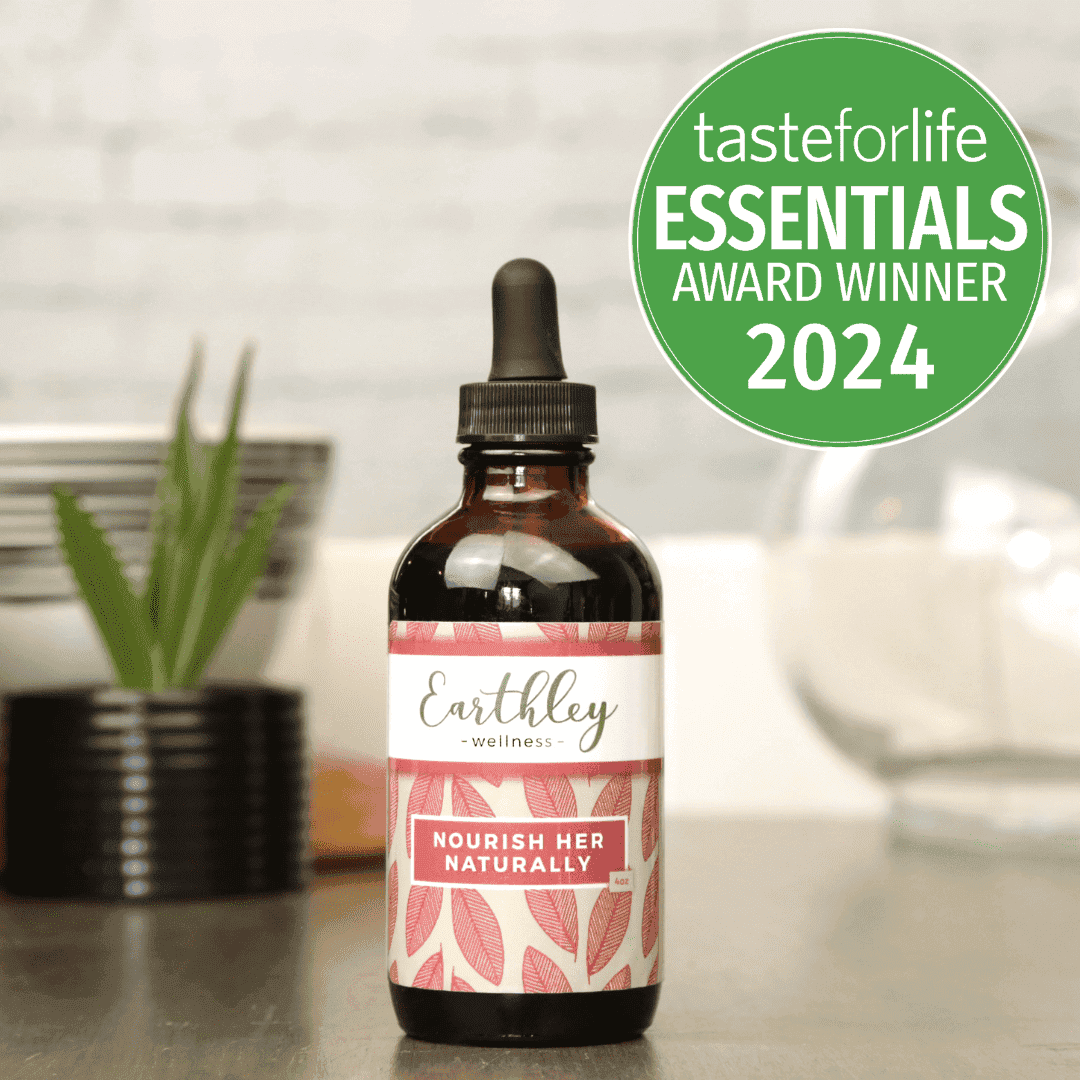
Whole, natural nutrition for HER
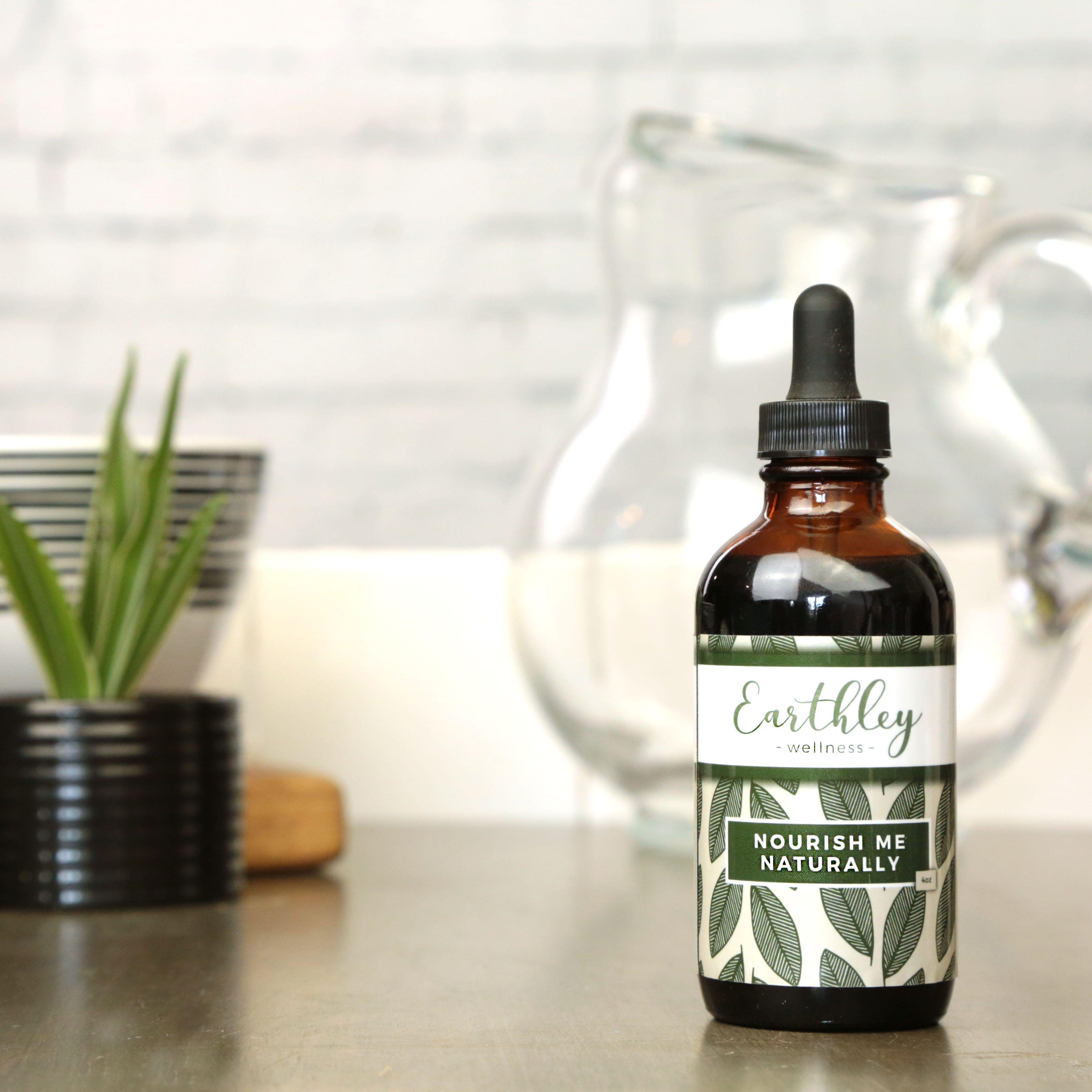
Whole, natural nutrition for all
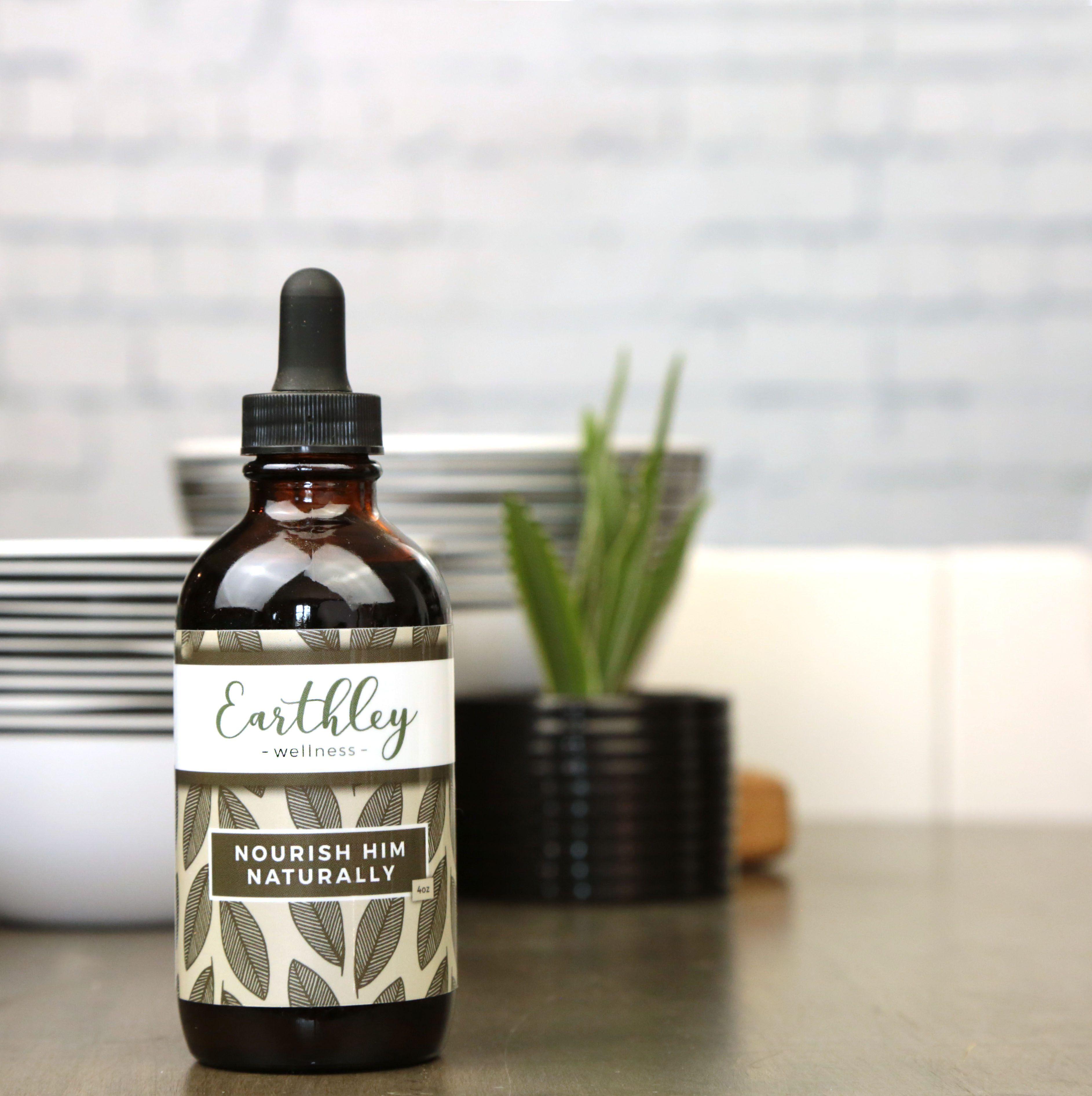
Whole, natural nutrition for HIM
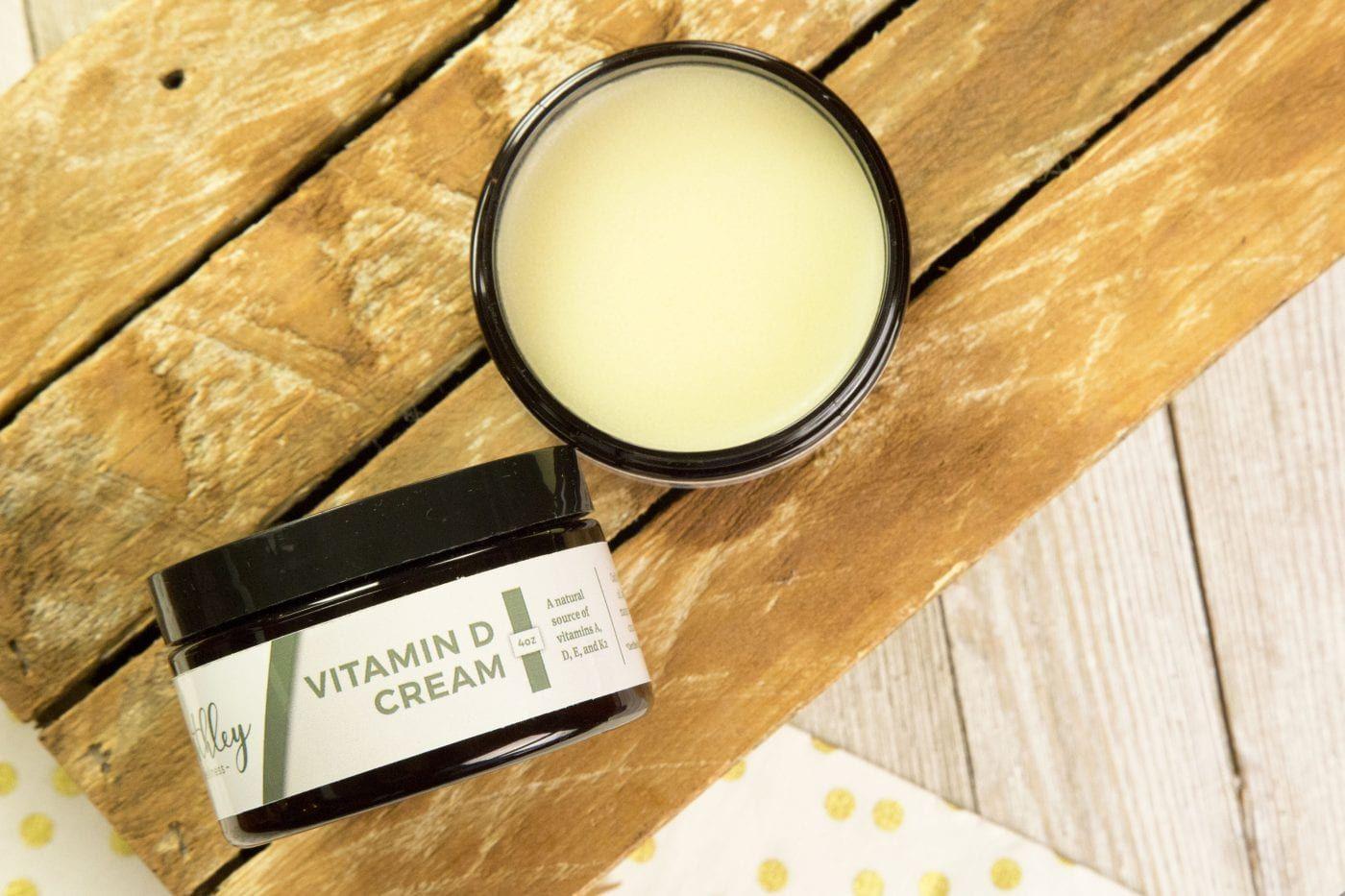
For natural vitamin D
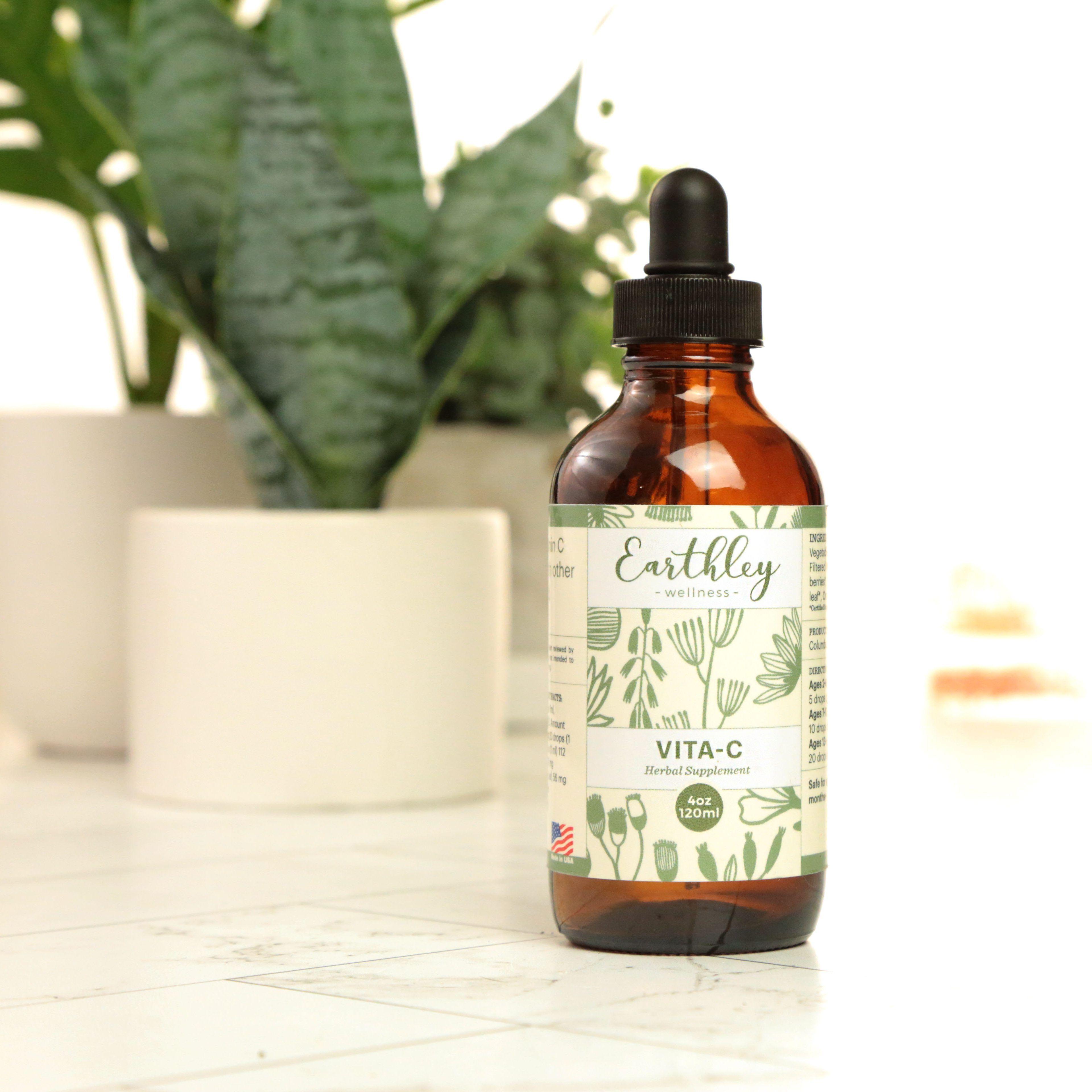
Natural vitamin C complex with other vitamins and minerals
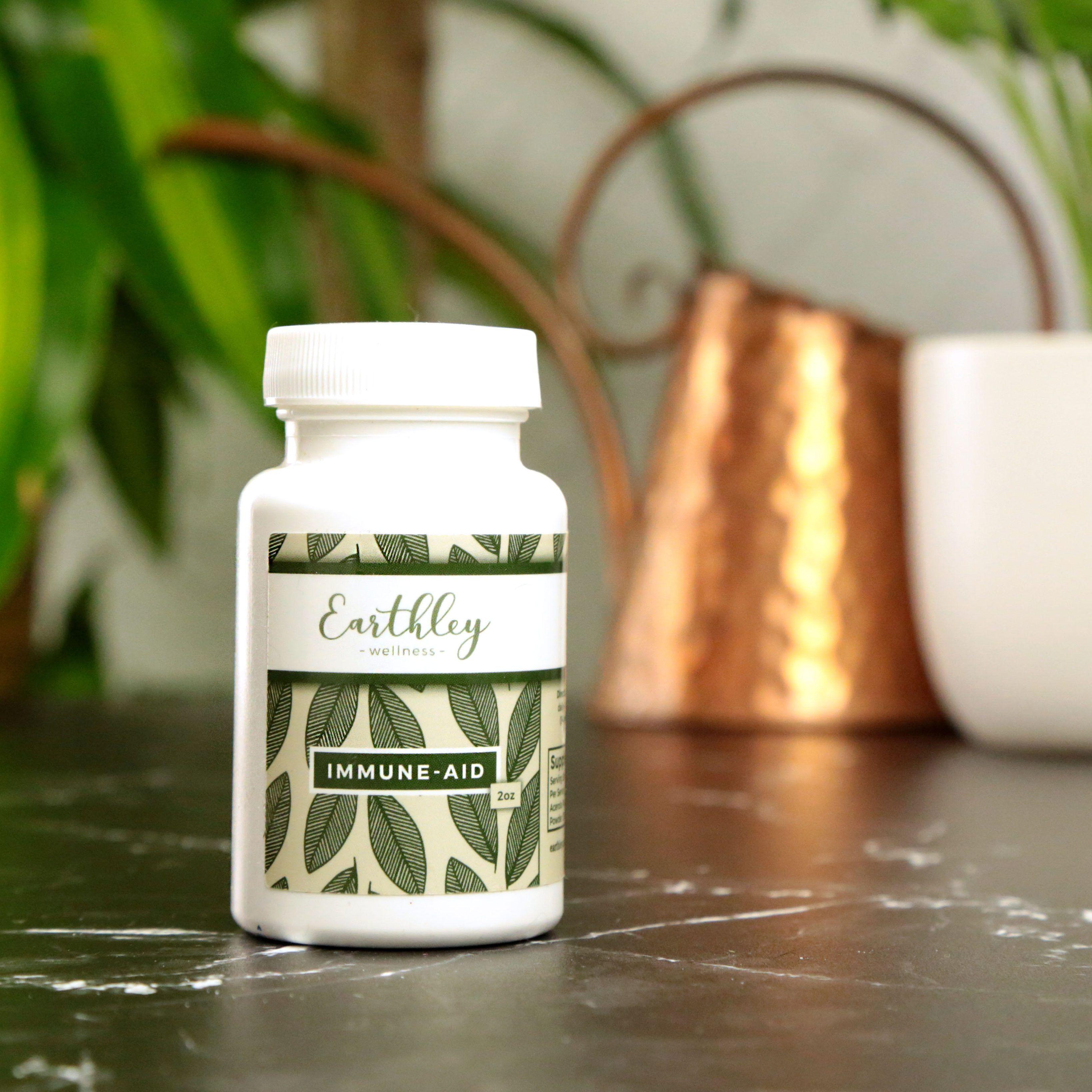
A super food vitamin C source
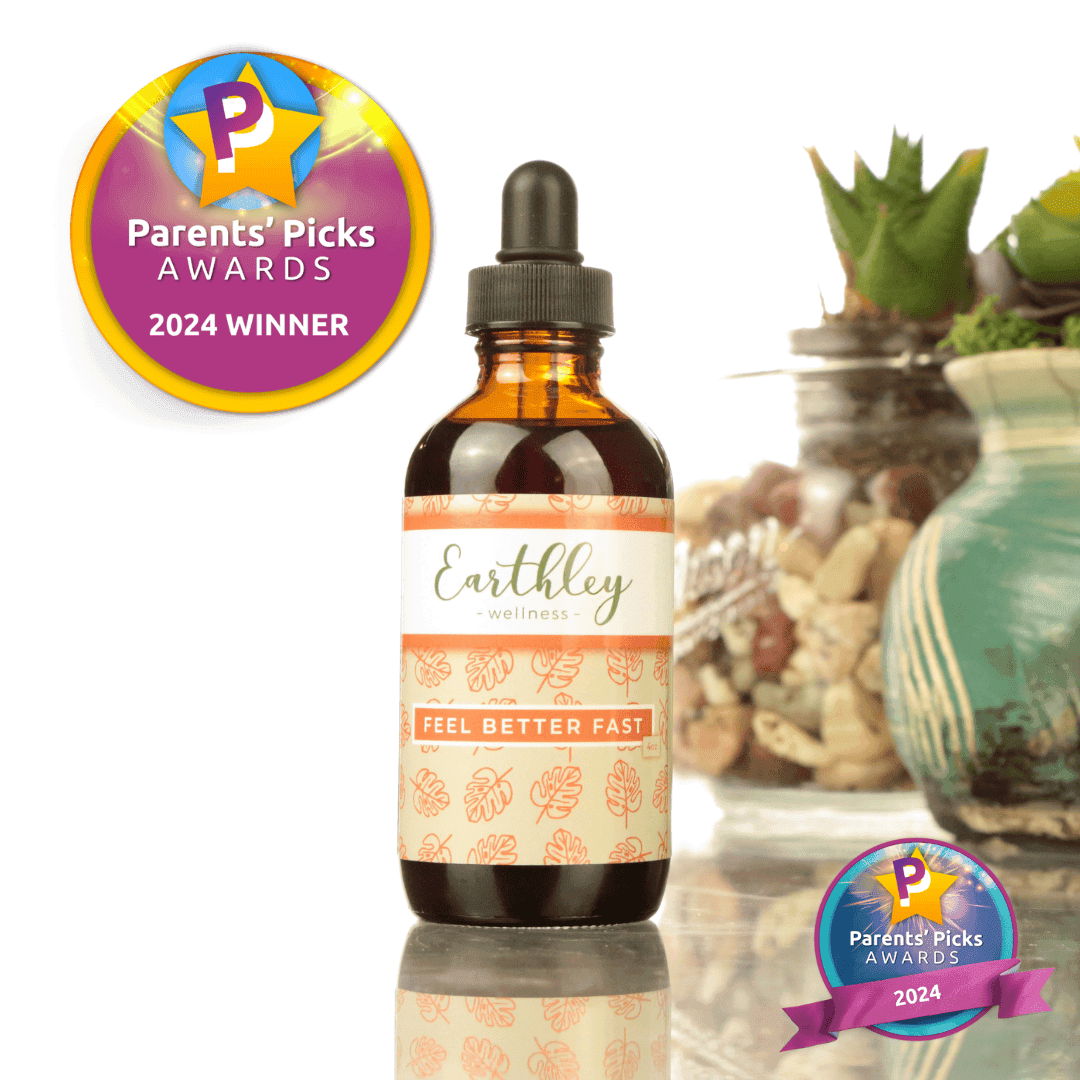
For fever, upset stomach, discomfort, and immune support
